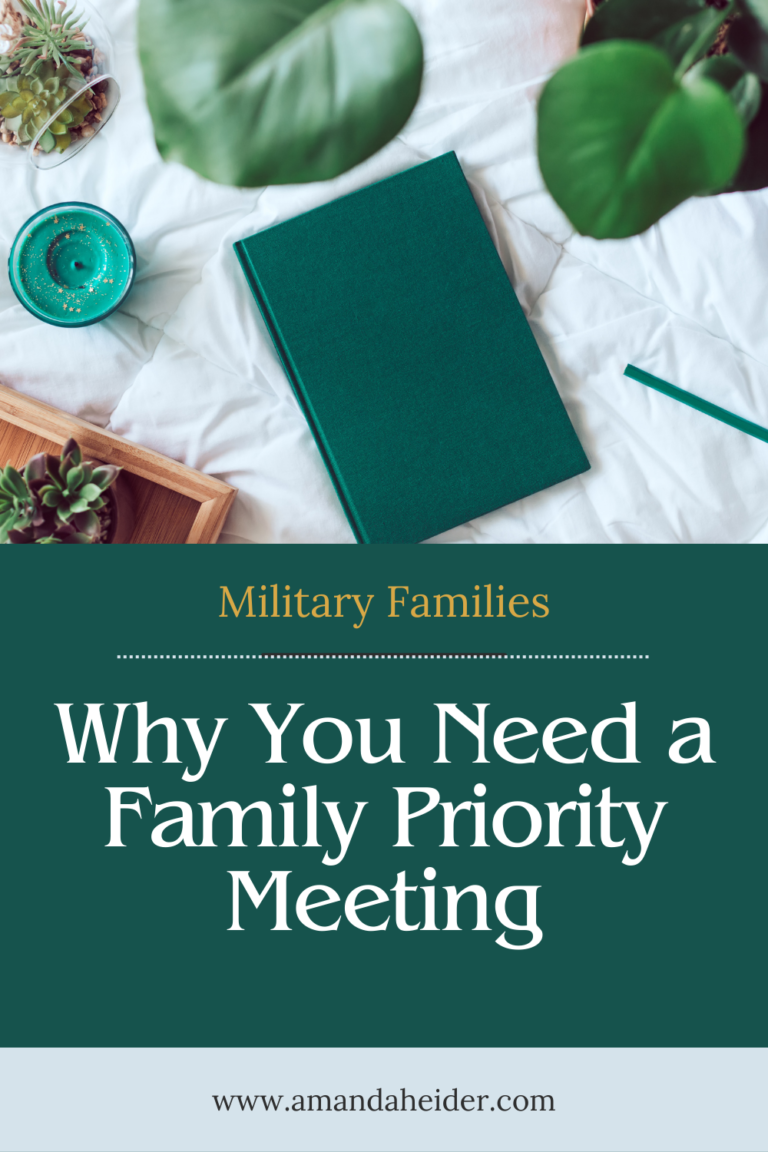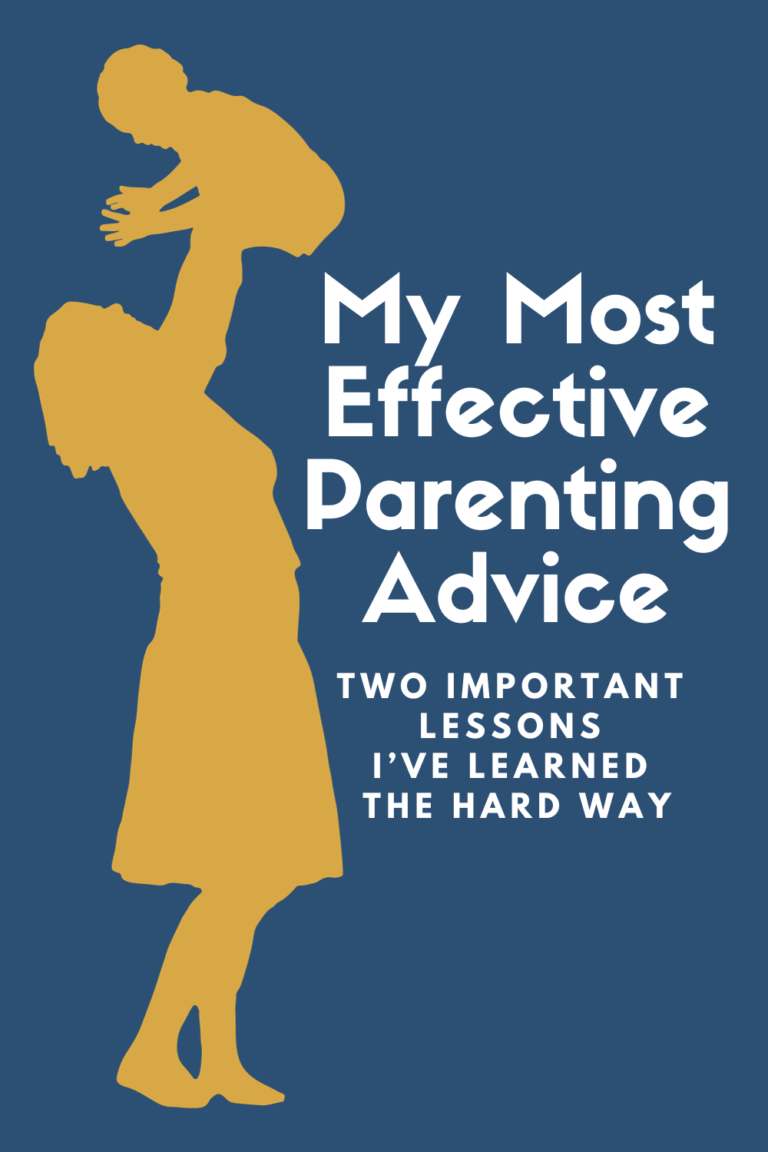Month of the Military Child: 5 Steps Toward Laying the Foundation for a Strong Relationship With Your Military Child

In honor of Military Child Appreciation Month I am sharing 5 steps toward laying the foundation for a strong relationship with your military child. Military kids are special. They face challenges in their young years that many never face in a lifetime. Most move several times before the age of 18 and have to endure long separations from their military parent. They learn coping skills and navigate parts of life that create a wisdom beyond their years. My oldest child has lived in 11 different homes in her first 18 years of life.
It’s easy to assume that all military kids are naturally resilient because of their lifestyle. This is a misnomer. Resiliency is something that is taught and fostered by the loving adults in their lives. The foundation for this resiliency is laid in the strength of their relationships with their parents and close family friends.
Because of the transient nature of military life, it’s easy for military kids to wonder where they belong. When asked where they’re from, their answer might be “everywhere and nowhere.” They typically don’t grow up in the same school around the same friends from K-12th grades. They might go to several different schools in one school year.
It can be hard to focus on fostering relationships with your children when you’re also navigating the difficulties and pressures of military life. Maybe someone told you to, “Suck it up, buttercup!” and just press on without ever knowing how to process the big feelings you’re carrying around inside you. You may not even know those feelings are there, until you find yourself feeling angry or withdrawn. It’s easy to pass along this mindset to our children, encouraging them without words to just ‘grin and bear it’ through yet another PCS or deployment.
Pre-step: Process any guilty feelings you might have
Before taking another step toward building a stronger relationship with your child I want you to stop and look at the guilt you might be feeling. Is it holding you back? Are you beating yourself up for your could’ves and should’ves? Those feelings aren’t going to help you be the parent you want to be. Maybe you need to take some time to process those feelings. Maybe you need to pause and journal about the kind of parent you want to be. Whatever you do, make sure that you are in a place of growing and moving forward.
Now, On to ‘ 5 Steps Toward Laying the Foundation for a Strong Relationship With Your Military Child’
Step 1: Tell your child, everyday, that they belong in your family.
This is especially important for military kids who might feel like they have nowhere to belong. Assume that they will only know they belong in your family if you tell them through both your words and actions. Tell them everyday that they belong and that you’re grateful you get to be their parent.
Step 2: Teach your child that feelings are good and nothing to be afraid of.
It’s impossible to get through a military childhood without going through several waves of huge feelings. Military kids are having adult-sized feelings with only a child’s ability to process and cope with them. This is where you come in. Teach your children both through your words and example that feelings are natural and good. When their feelings seem too big for them to carry, you are here to hold space for your child and help them feel safe with their emotions. When they are unusually angry or irritable, ask them if they need you to just sit with them while they feel their anger or sadness. By helping them process their feelings now, in childhood, you’re helping to make sure those feelings don’t develop into an huge, cancerous-like growth in their soul as they move into adulthood.
Step 3: Turn on the Music and Dance
Everyone is stressed and everyone is weary. You’ve just PCS’d again, or you’re just starting another deployment. Turn up the music in the middle of the stress and mess and just dance. Use moving boxes as drums and get everyone releasing their pent-up energy and stress through some fun movement. You have time, no matter how long your to-do list is. It’s okay if the kitchen doesn’t get unpacked tonight, or you have cereal for dinner again. The important thing is that your kids know that they can still feel joy and silliness even when everything feels hard and scary. It’s okay if you’re not a dancer or you feel foolish. That’s the point. This is a time to be silly and relieve stress.
Step 4: Hug Your Children Several Times a Day
I’m not a natural hugger and it hurt my kids that I didn’t hug them enough. Thankfully, it’s possible to turn yourself from a non-hugger into a hugger through practice. I did it and you can to. If you aren’t naturally a hugger, use cues to help you remember to hug your children. Hug them before they leave for school and when they get home. Hug them right before going to bed or when they’re helping in the kitchen. Sit on the couch next to them, even if there are chores left undone, and pull them in close.
Physical touch is grounding for your kids and helps them know that they are safe even when everything feels chaotic and strange. If you are not naturally affectionate, this will feel strange at first but as a convert to the affectionate side I want to encourage you to give it a try. I promise it will be worth it.
**Disclaimer: if you have a child that is uncomfortable with physical touch then it is important to ask for permission before hugging them and use other means of affection when they don’t want any touch.
Step 5: Take Care of Yourself
Our kids rely on us to be okay in order for them to be okay. That’s why your kids might do a lot of extra chores or acts of kindness after your spouse deploys or when they see that you’re sad. Kids are wired to do everything they can to make sure their parent is okay so that they can settle in and feel safe and secure themselves. It’s vital that you are caring for yourself well so that you can care for your children well. They won’t feel ‘okay’ unless they believe that you’re ‘okay.’ Of course, good parents know that this isn’t an excuse to become self-absorbed and neglect your kids.
Caring for yourself means making sure to put yourself on the calendar and get the rest you need to live a full life. It means that you might need to take more time unpacking the house to get the sleep you need. Or maybe you need to hire a housecleaner to come in twice a month during so you can use that time to read a book, go to the gym, or meet a friend for lunch. If you put your needs so far down on the list that they aren’t even on the list, then you won’t be able to fully love and care for your family. The verse, “love your neighbor as yourself” (Mark 12:31) demonstrates that our capacity to love others is contingent on our capacity to love and care for ourselves.
One way to care for yourself well is by hiring a life coach. A life coach is there to help you get from good to great. Athlete’s hire coaches when they want to get better at their sport. A life coach will help you process your thoughts out loud so that you can move forward in your life. If you are interested in working with a life coach you can schedule a free consultation with me by clicking here or I can give you a list of coaches that I recommend working with. Email me at coach@amandaheider.com and I will send you a list of excellent coaches.
Your kids are blessed to have you as a parent. You are a good parent because you want to build a strong relationship with your military child. Today we’ve gone over 5 steps you can take to strengthen your relationship. What are some ideas you would add to this list? How has military life shaped your family culture? I’d love to hear your thoughts in the comments below!







